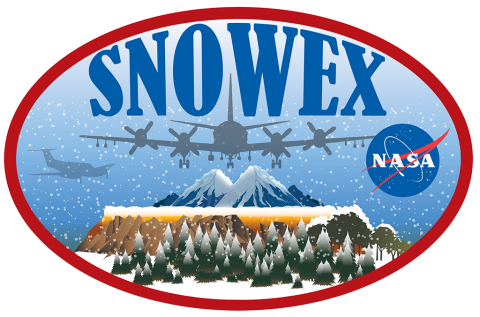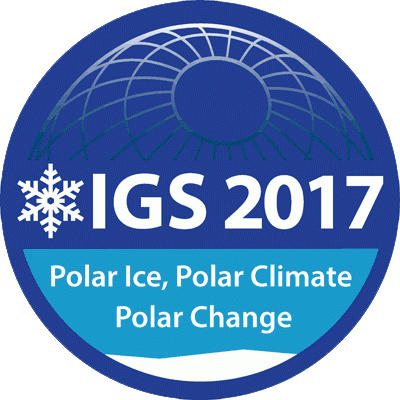The cryosphere is the part of the Earth system consisting of all snow, ice and frozen ground, both on and beneath the surface of the Earth, and the oceans. As an integral part of the climate system, the cryosphere responds the quickest to, and is the most representative of, global climate change. It also impacts both bio and anthropogenic systems on different spatial and temporal scales. The theme of this workshop “Cryospheric Change and Sustainable Development” is to improve our understanding of changes in all components of the cryosphere and their interdependence and causes. The workshop will focus on our current capabilities to model and assess these changes, mitigation and adaptability strategies in a rapidly changing cryosphere, eco-social sustainability, and the role of the cryosphere in the earth’s future.
Topics:
- Cryospheric processes and dynamics
- Attribution and impacts of cryospheric changes
- Mitigation and adaptive countermeasures on cryospheric changes
- Cryosphere services and their function for sustainable development
Authors are invited to submit a 250-300 word abstract which should be 21*29.7cm (A4) with a margin of 3 cm on the top and bottom and 2.5 cm on the right and left, using "Times New Roman" font throughout, single-spaced paragraphs and 12 pt. type for the body text. An abstract should contain the title, author(s) full name (the speaker’s name should be underlined), address and E-mail. The authors are also required to complete and return the application form.
Please submit your abstract (in Microsoft Word format) and application form by email to wangfeiteng at lzb.ac.cn by June 1, 2017.
The workshop will provide limited financial support to cover participation expenses, such as international air ticket, local accommodation and China domestic travel expenses. Please complete the financial application section in the Participation Form (Annex I) and send to wangfeiteng at lzb.ac.cn.ac.cn by* June 1, 2017*. The support will be awarded on basis of needs subject to fund availability and total the number of applications.
The conference will be held at building of State Key Laboratory of Cryospheric Science, located at the Northwest Institute of Eco-Environment
and Resources. State Key Laboratory of Cryospheric Science is conveniently located in the city centre, adjacent to the railway station, airport expressway, shopping areas and restaurants, and within a 10-15 minute walk of nearly all major hotels.
A number of hotels located within 1.0 km of the conference venue (a 10-minute walk) have provided group rates for our conference. Standard Room with towel provided as well as free internet and including breakfast cost US $40-80 per night. You must contact conference secretariat at least one month prior to arrival. Please complete the Accommodation and Post-Conference Field Trip Request Form (Annex II) and send to
wangfeiteng at lzb.ac.cn.ac.cn by June 1st, 2017.


